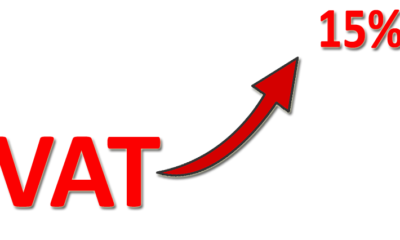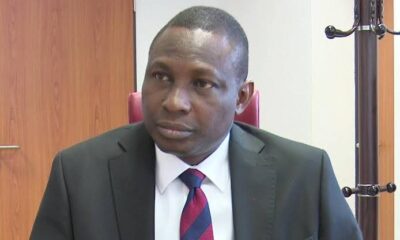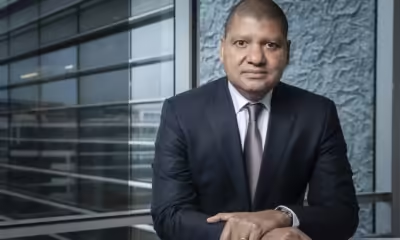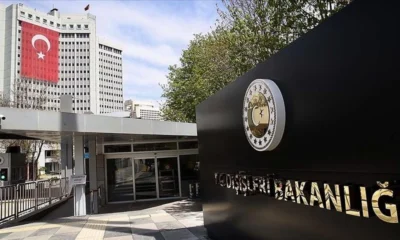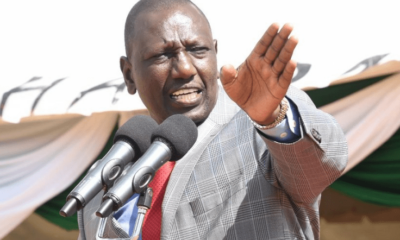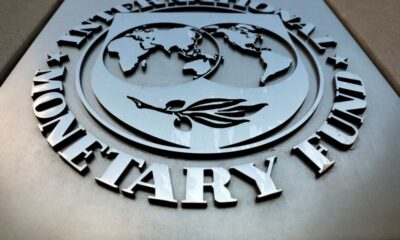What to do with $300 million repatriated by the Swiss government from the stock stolen and stashed away in Switzerland by former military dictator, late General Sani Abacha, is threatening to drive a wedge between the Muhammadu Buhari-led administration and members of the civil society in Nigeria.
The government, over the weekend, said that the money, stolen by Abacha in the 1990s, will be given to around 300,000 households, with each getting around $14 a month, beginning next month.
Given this projection, the payments – to be made to residents in 19 of Nigeria’s 36 states – would most probably last for about six years.
However, government plans have met with some resistance from sections of the civil society. The Socio-Economic Rights and Accountability Project (SERAP) on Sunday said that it was unimpressed with the Buhari-led administration’s plans to redistribute the recovered loot to some poor families, alleging that it didn’t make much of economic sense.
SERAP said, “The authorities have a legal obligation under the UN Convention against Corruption to which Nigeria is a state party to make sure that the returned Abacha loot is properly and efficiently used, both from the viewpoint of using asset recovery as a tool of ensuring justice to victims of corruption and breaking the cycle of grand corruption. But the plan to share the loot among households is mere tokenism and would neither have significant impact on poverty alleviation nor satisfy the twin objectives of justice and development.”
“The government should source funds elsewhere to continue its NAASP. The authorities should do the right thing with the returned loot and show Nigerians that they can properly and efficiently invest the funds in projects that would provide tangible benefits to the victims of corruption who are the socially and economically vulnerable sectors of the population.
“The authorities can use the loot to fund universal healthcare programme and a tuition assistance programme that would provide post-secondary/university education scholarships to young Nigerians from poor families and who would otherwise lack the resources to carry out their studies,” SERAP added.
The group also queried the efficacy and credibility of the entire plan, wondering the justification of leaving out some states from the exercise.
“In any case, distributing the returned loot to households in 19 states because the remaining 17 state governments have not yet put in place the appropriate platform through which to implement the NAASP is both unfair and discriminatory.
“The planned distribution is also vulnerable to abuse and corruption by state governors, who may push for the funds to be given to their supporters and thus used for parochial and political purposes. The proper and efficient spending of recovered funds is key for development and can support efforts to combat grand corruption, “ SERAP said.




